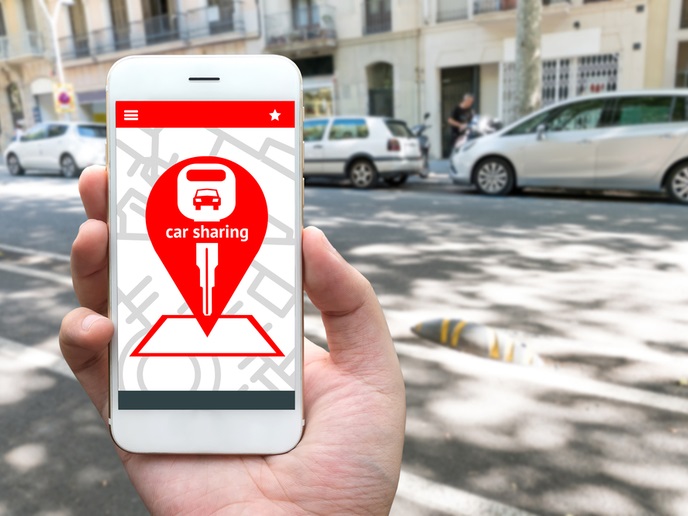Big data paves the road to smart transport
By 2050, passenger transport is expected to have increased by 42 % and freight by 60 %. To accommodate this increase in demand, alongside concerns about emissions, the transport system needs to be smarter. Big data offers a rich seam of real-time information that could be used to spot trends, in passenger or vehicle movements for example, enabling authorities to shift from reactive to more proactive transport solutions. The EU-funded LeMO project investigated big data opportunities, limitations and consequences across five transport dimensions: mode, sector, technology, policy and evaluation. “We developed research and policy roadmaps, with recommended actions, to help transport operators and policymakers plan for the future,” explains Rajendra Akerkar, project coordinator.
Mapping exercise
After a review and mapping exercise of the future direction, and likely societal impact, of big data in the transport sector, LeMO conducted seven case studies. These covered railway transport, open data, real-time traffic management, logistics and consumer preferences, smart inland shipping, optimised transport and improved customer service. The participating organisations, including Siemens in Germany, the Norwegian Road Transport Authority, Tallinn City authority in Estonia, Kepler51 in the United States, Belgium’s Nextmoov, and Blauwe Golf Verbindend in the Netherlands, are all active big data users. One case study explored the use of big data to coordinate traffic for both the road and inland waterway network in the Netherlands, especially important as these routes intersect at bridges, sometimes causing problems. The authorities responsible collated their data on the current status of bridges, the estimated opening time of bridges and the availability of moorings on the Blauwe Golf Verbindend (website in Dutch) open data platform. Proving successful in making journeys more efficient while reducing fuel consumption and emissions, the programme has been replicated in other parts of the Netherlands. The case study findings fed into the LeMO roadmap for a transport sector which fully exploits big data. In total, 11 research priorities were proposed, including pattern recognition technologies, big data storage with edge computing, and data quality assurance. These were complemented with 13 policy actions, such as the creation of new employment models, guidance on data ownership and sharing, and the harmonisation of data legislation. “Combined, these outline a clear set of actions for European policy and research from the political, economic, social, technological, environmental, legal and ethical perspectives,” adds Akerkar. The LeMO Reference Group, which included representatives from 12 European organisations (including DG MOVE), provided the expertise to validate the roadmap.
More sustainable transport
LeMO’s roadmap will help authorities avoid congestion and accidents through better traffic modelling, planning and control. Private sector companies in the travel industry could gain competitive advantages from better route planning and logistics. Individuals could benefit from the increased transport efficiency, accessibility, comfort and cost-effectiveness. All the while, more efficient transport will help reduce unnecessary emissions. To promote its recommendations, the LeMO team participated in European Research and Innovation Days (RiDaysEU), in addition to organising a workshop at the European Big Data Value Forum. Organised in Brussels, a Collaborative Symposium on Legal, Ethical & Social issues in the EU Data Economy was also attended by several policymakers and industry executives. “Next, we will go beyond models, data flows, frameworks and mechanisms, to understand how to embed the five common elements that data-driven cultures display: talent, commitment, trust, sharing and mindset,” says Akerkar.
Keywords
LeMO, big data, transport, roads, smart, logistics, travel







